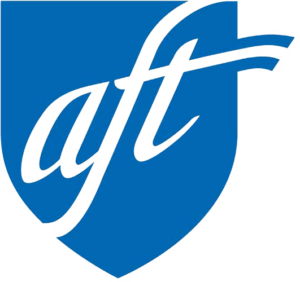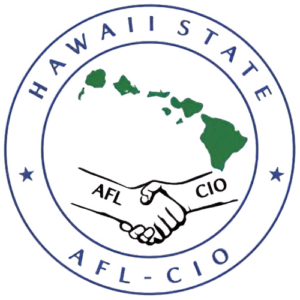SB 2328 proposes that all courses at all UH campuses be required to use instructional materials exclusively from the OER at the UH, beginning with the 2020-2021 school year.
Of course our UHPA Executive Director Kristeen Hanselman testified against this bill. We also asked for your feedback and faculty responded. Some of their public testimony is below:
David Duffy
Bill Could End Academic Freedom In Hawaii – “Senate Bill 2328 is a strong disincentive to teach and will politicize the University of Hawaii.”
Matthew Tuthill
Dear Senator Kahele,
I am contacting you to oppose the proposed SB 2328 concerning OERs be implemented for all UH courses.
As a former student and instructor within the UH System for over 20 years, I have been on both sides of the class and intimately know what works, and what doesn’t for courses. As professors, we choose the best resources for courses, and some of these include OERs, while often times they do not.
I strongly disagree that those not in the classroom or discipline dictate what is best for the course and student. How one teaches and what tools they use have been crafted by examining a multitude of possibilities. I am a professional that works very hard to make the most engaging course for my students, and the STEM student success numbers (of degrees, transfer rates…) at Kapiolani Community College attest that we are achieving and surpassing goals.
OERs can be useful, but often hard copy resources provide more active learning by students… therefore greater success. Numerous studies show that internet/online courses and resources at best equal face-to-face course, but in many cases result in lower student scores. Using OERs is done strategically, but is not the complete answer to many course settings.
More importantly, the UH and the State government should move towards allowing equitable journal access across all of the UH System. Currently an undergraduate student at UH-Manoa has better journal access than a Ph.D. professor at any Community College. VP Morton (and M.R.C. Greenwood before him) are aware of this two-tiered platform and vowed to level the playing field of online resource access. To date though, nothing has changed.
Although the cost of student tuition is stated as a justification of OERs implementation in SB 2328, the reality is that Community College tuition in Hawaii is amongst the cheapest in the nation. These students are just testing the waters of their career and academic lives, and forcing them to use more “passive” methods of OER learning is a disservice to all.
Please consider addressing equitable electronic (journal) access across the UH System, but leave the teaching tools at the instructor level. We do have a driving professional integrity and constantly experiment to find the perfect resources for student teaching and success… and in many cases they are not OERs.
Simply put, I trust you are an expert in your area and discipline, and therefore would not dictate what resources you use to accomplish your work… and neither should elected officials do so for professor’s instruction.
Earl Hishinuma
I oppose this bill because it will decrease the quality of teaching to students at the University of Hawaii by restricting the resources that faculty can utilize and the bill infringes on the academic judgment of faculty. While we should be deeply concerned about the overall rising cost of higher education for our youth and young adults, this bill is not the solution. The broader issue is the “starving” of our one and only state university system for the past several years. Reversal of this “starvation” could result in need-based subsidies of required textbooks/materials for students.
Karla Hayashi
While well intentioned, SB 2328 will result in University of Hawai’i students losing access to current and comprehensive information and resources which provide them with information vetted by credible academic bodies as well as being reduced to relying only on one person’s point of view.
By mandating students use only open educational resources (OER) the breadth and depth of academic information will be severely restricted and handicap our students. OER is still in the infancy of development and of those currently available, not all are appropriate for academic study in all fields. Those academic disciplines where open source materials are unavailable or limited in number would mean students would have no texts and materials to read, review, and learn from.
Additionally, mandating students rely only on instructor-created materials can literally mean students in some academic disciplines will only have access to information in the public domain due to copyright laws. This means students would only be able to learn from information that is minimally 75 years old and older. In a discipline like literature, courses that focus on contemporary literature would be wiped from the catalog. Exploring ideas and hearing voices of contemporary artists would be impossible. Students would be relegated to reading and discussing literature and responses to literature that only exists in the public domain. Students would not be able to further their literary studies through an examination of contemporary issues, a critical component of literary studies.
SB 2328 will severely handicap our students and prevent them from engaging with, reviewing, and learning from carefully vetted, current information as well as reduce their ability to learn from multiple points of view. Limiting students’ access to different opinions also reinforces the growing national voice disparaging facts as “false” as well as policies that call for elimination of words from official communication because one group of people find these words objectionable. Students’ perceptions, understanding, and knowledge will be limited to the point of view of the individual instructor. This defeats the purpose of obtaining a university education, as students’ ability to learn how to think critically will be severely compromised.
SB 2328, however well intentioned, takes our state’s public higher education backwards by decades and can result in our students falling significantly behind their peers nationally and globally.
Glenn Ioane Teves
This bill is ill-informed and will decrease the quality of education. Textbooks are written by national experts and contain up-to-date resources on the subject. They become future resources for graduates in their vocation, and part of their library for life. I still refer to text books I purchased in college. This bill will hamstring the teachers ability to educate students with the latest information and will decrease the quality and amount of information students will receive in classes. Open source information is usually generic and basic, and not the cutting edge information Hawaii college students deserve.
Lynne Wilkens
I oppose SB2328. As a UH faculty member, I am irate at the rate of inflation in college textbooks, which has been 4 times the consumer price index. Therefore, I applaud the desire to lower educational costs for students. However, while some of the UH faculty can and do produce stellar educational material, an all UH-derived material approach will not produce a uniformly quality product that the students of Hawaii deserve. Faculty have been working to reduce costs. However, textbook manufacturers have moved to maximum their profits. They are currently releasing new versions of books each year with minor changes, such as reordering exercises and adding modest material, and have reduced the number of books that could be used for several semesters. Faculty at UH search for the best mix of quality and cost when choosing a textbook. Some use past editions (available on Amazon), halving the cost of the book for students. We should encourage OER material where it makes sense and together think of more creative ways to lower costs for educational material for students.
Amy Nishimura
At a time when so many scholars are engaged in writing about social justice and look to publish their work in the near future, this bill unintentionally subverts attempts for students to become scholars who offer a critical lens about race, class, and gender. This bill does not consider how disciplines or courses that attempt to teach critical thinking skills in relation to social justice, disciplines such as Anthropology, Sociology, Political Science, Hawaiian Pacific Studies, History, Literature, Philosophy, and many others, ask students to reference and cite the work of Noenoe Silva, Jonathan Osorio, Amy Stillman, Lisa Kanae, Dorothy Fujita, Sara Ahmed, Cornel West, bell hooks, Audre Lorde, and countless others. While I support some facets of OER and look to attend a workshop on our campus this March, by mandating what a faculty member may or may not include for course material, we set back the clock on educational resources for the 21st century learner, and at at time when people of color and women face daily harassment and persecution, cutting edge and recent publications become increasingly crucial for students, teachers, staff, and administrators to engage in dialogue.



